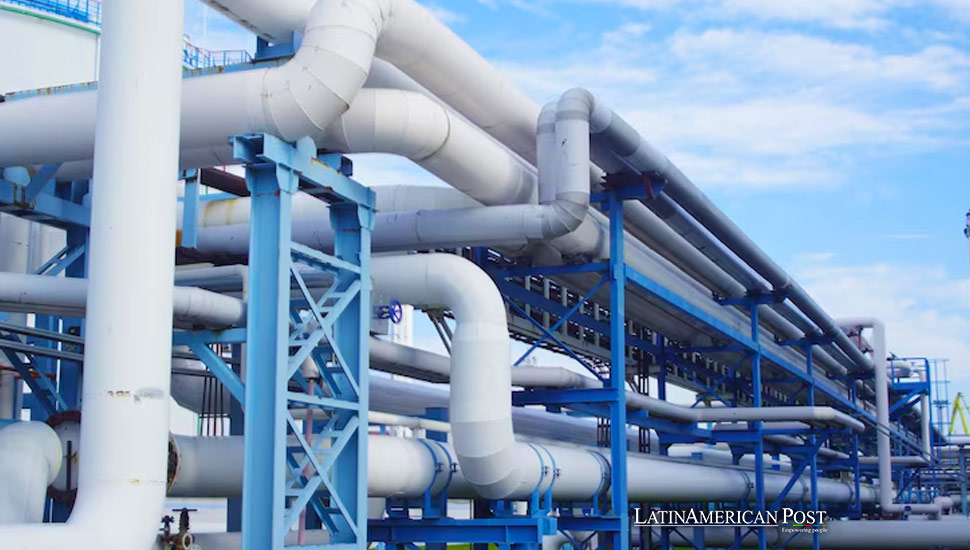

Oil and gasoline export requests in Argentina nearly doubled in October compared to the previous month, signaling positive growth in the country's energy industry [c540af3f]. The increase in export requests is attributed to the government's efforts to boost the sector and attract foreign investment [c540af3f]. Argentina aims to increase its oil and gas production and reduce reliance on imports [c540af3f]. However, challenges such as infrastructure limitations and regulatory hurdles still need to be addressed [c540af3f]. The rise in export requests is expected to generate revenue and create job opportunities [c540af3f]. This surge comes as the industry has been struggling due to low oil prices and the COVID-19 pandemic [c540af3f].
Bolivia's state oil company, YPFB, has announced a strategic initiative to transport 3 million cubic meters per day (MMm3d) of Argentine gas to the Brazilian market starting in October [3b10af66]. The proposal to lease the infrastructure to Argentina for export to Brazil is yet to be formally accepted, but it represents a significant opportunity [3b10af66]. Bolivia's natural gas production has declined in recent years, but the state oil company assures that Bolivia's gas supply is sufficient to meet domestic demand and export commitments [3b10af66]. The transport of Argentine gas through Bolivian infrastructure could reinforce Bolivia's economic stability and foster growth and regional integration [3b10af66]. Bolivia aims to reinforce its position as a vital energy hub in Latin America by capitalizing on its established infrastructure [3b10af66]. The success of this venture will depend on navigating the regulatory and economic landscapes of both Argentina and Brazil [3b10af66].